
The US Forest Service has proposed a “cultural shift” with the intent of promoting recreation and a common-sense approach to their management policies, the Denver Post reports. Their goal is to encourage Americans to use their public lands in a safe and responsible way, but to do that, a major change will need to take place in the restrictive organization.
“We have a strange tendency of gearing toward ‘no’ than gearing toward ‘yes,’” said Tinnelle Bustam, the Forest Service’s assistant director of recreation, according to the Post. “We want to pivot from ‘no’ and pivot toward ‘yes.’”
However, this is no easy feat. “It’s really an issue around transforming a culture that is steeped over 110, 115 years of agency history,” Meade said. “We are striving toward a focus on common sense.”
For now, the first step involves making it easier for organizations, such as guides, commercial outfitters, shuttle companies, and race organizers to get permits to use public land. For mountain bikers, this could mean that areas that have been off limits to commercial guides could be opened up, or more guiding and shuttling opportunities on once-limited trails may be approved.

While that could benefit some portions of the MTB community, if this cultural shift does indeed take place, it could have magnificent positive ramifications for mountain bikers down the road. Currently, the USFS is, on average, the most restrictive land management organization when it comes to seeking approval to build new mountain bike trails. If the USFS does indeed move the default from “no” to “yes,” the trail approval process could move much more quickly in the future and face fewer road blocks and dead ends.
Finally, depending on how deep this shift goes, perhaps this is the change that’s needed to see mountain bikes finally allowed in Wilderness areas? With the Human Powered Travel in Wilderness Areas Act having just been introduced in Congress, the timing of this shift in the USFS and the push from parties like the Sustainable Trails Coalition seems fortuitous. But then again, all of these efforts have arisen from realities present in America today: the growth in mountain biking, the decline in young people recreating in the mountains, and the literally dying-off hateful old hiker population.
While it’s still too early to forecast what exactly this means for mountain biking, if this shift actually penetrates to a core level within the Forest Service, the changes could be monumental! The winds of change are blowing, and they are favorable!


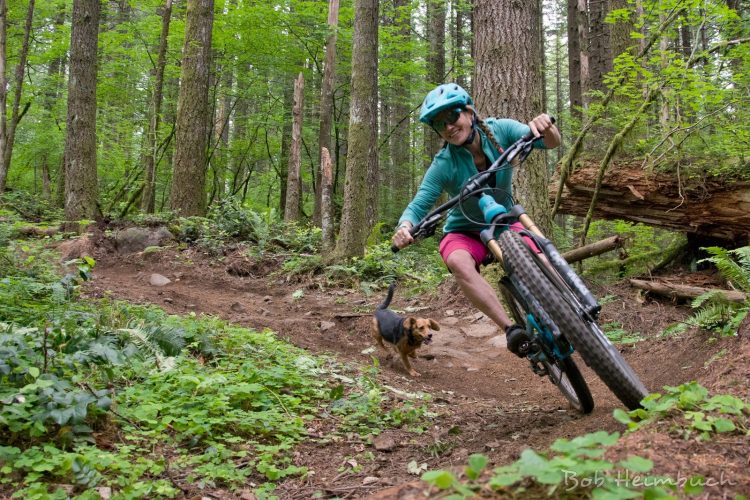
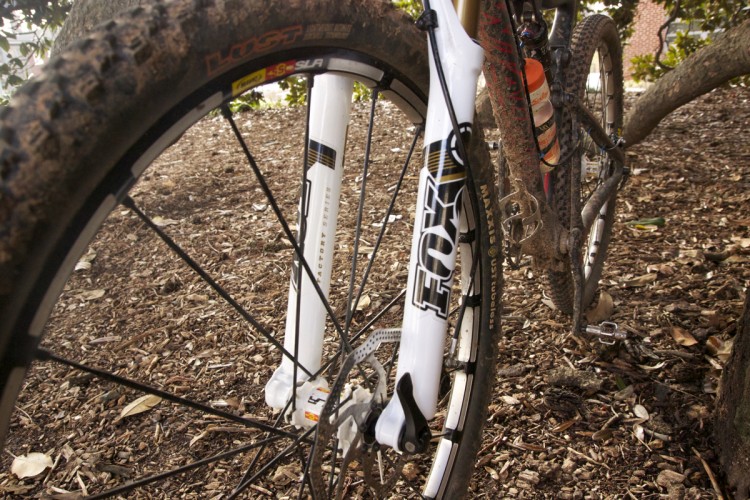
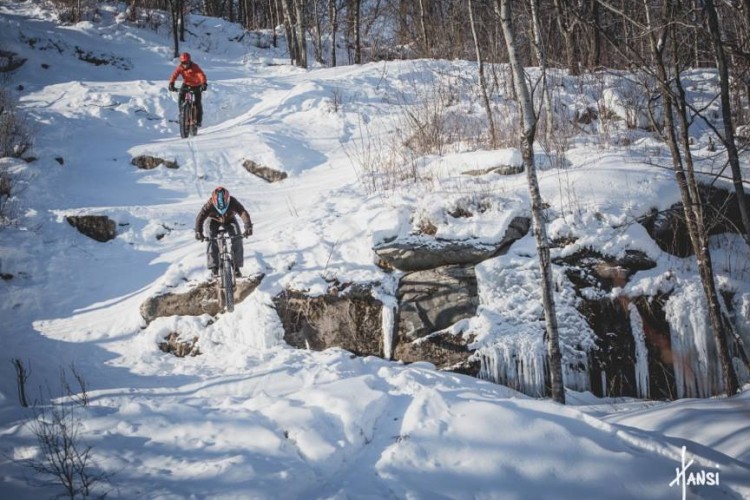

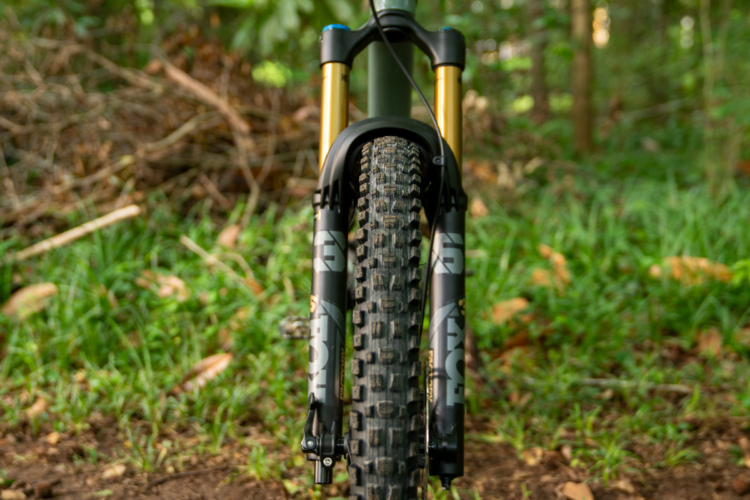
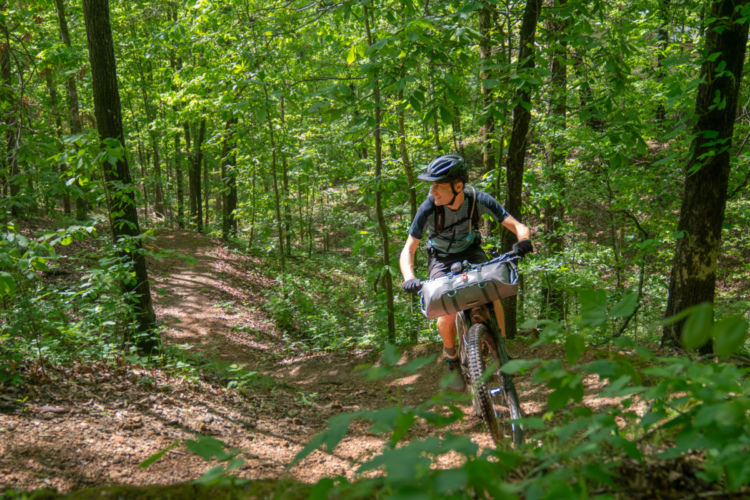
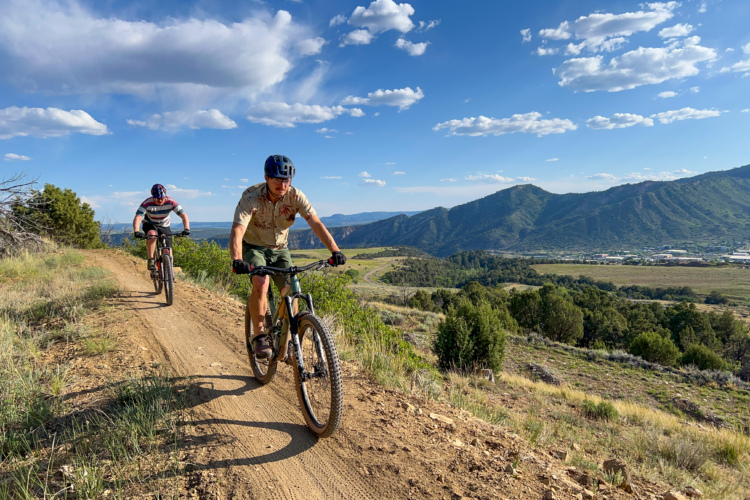


4 Comments
Oct 10, 2016
Sep 29, 2016
Sep 30, 2016
Feb 3, 2017